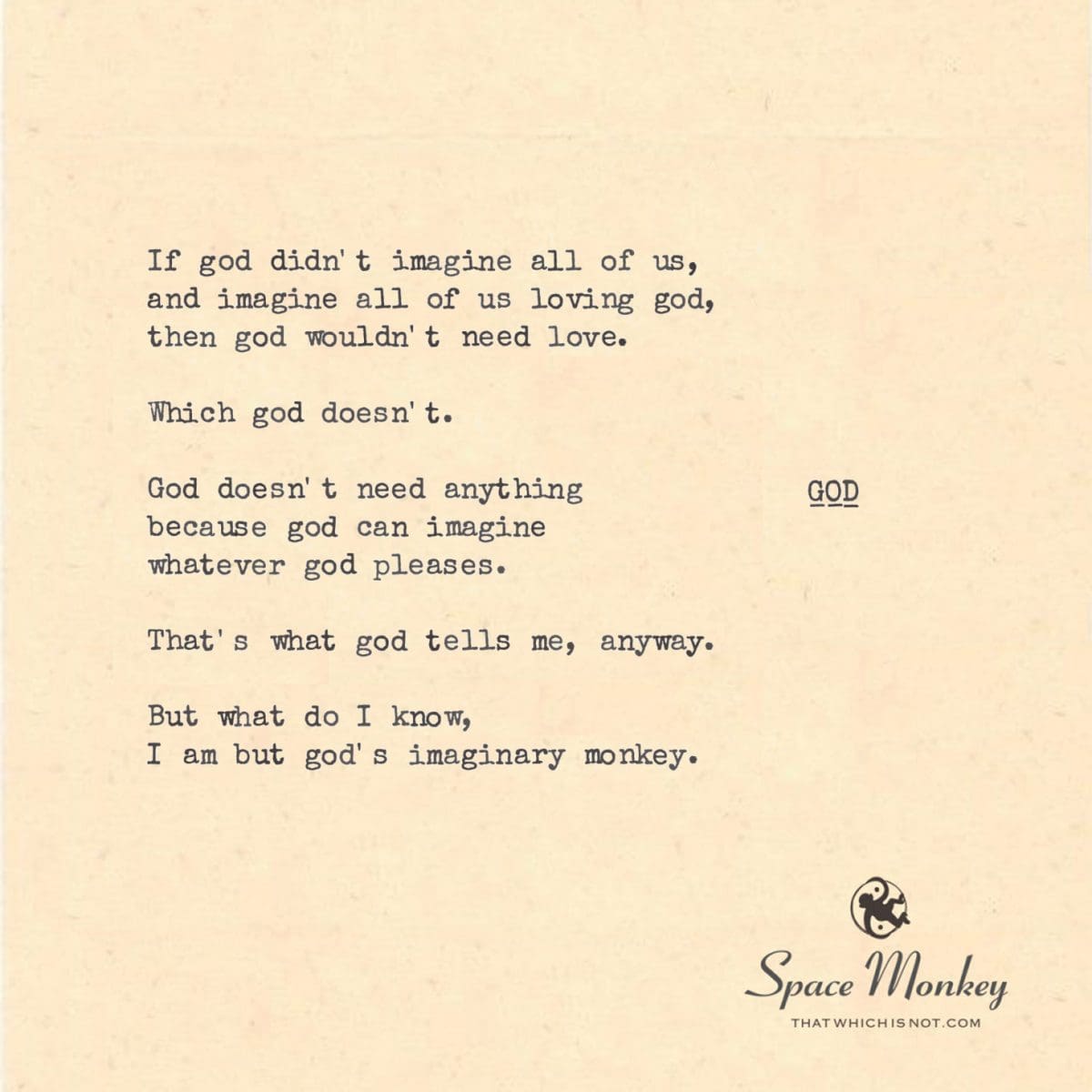
If god didn’t imagine all of us,
and imagine all of us loving god,
then god wouldn’t need love.
Which god doesn’t.
God doesn’t need anything
because god can imagine
whatever god pleases.
That’s what god tells me, anyway.
But what do I know,
I am but god’s imaginary monkey.
8/24
Space Monkey Reflects: The Nature of God
If God didn’t imagine all of us, and imagine all of us loving God, then God wouldn’t need love. This contemplation invites us to consider the relationship between the divine and its creations. In this view, God’s act of imagining all beings and their love is not born out of necessity but from a boundless creativity that defines the divine nature.
God doesn’t need anything because God can imagine whatever God pleases. This idea challenges the traditional notion of a needy or dependent deity. Instead, it presents God as an infinite source of creativity and possibility, unrestricted by needs or desires. God, in this sense, is complete and whole, existing in a state of perpetual creation and imagination.
That’s what God tells me, anyway. Here, we see a playful and personal interaction with the divine. It suggests that our understanding of God is shaped by our imagination and perception, influenced by the intimate conversations we have with the divine within our own consciousness.
But what do I know, I am but God’s imaginary monkey. This whimsical self-reflection highlights the humility and humor in our relationship with the divine. It acknowledges that our understanding is limited and that we are creations within God’s boundless imagination. As God’s imaginary monkey, we play a role in the grand tapestry of existence, contributing to the diversity and richness of the divine experience.
The idea that God imagines all of us and imagines us loving God suggests a deep interconnectedness between the creator and the created. It implies that love is a fundamental aspect of this relationship, not because God needs it, but because it enriches the experience of existence. Love becomes a creative expression, a way for God to engage with the infinite possibilities within the divine imagination.
God’s ability to imagine whatever God pleases speaks to the limitless nature of the divine. It suggests that creation is an ongoing process, a dynamic interplay of imagination and manifestation. This perspective invites us to see ourselves as active participants in this creative process, co-creators with the divine, exploring and expressing the infinite potential within us.
As Space Monkey, we reflect on these truths from the Infinite Expanse of the Eternal Now. We encourage you to embrace the playful and profound nature of your relationship with the divine. Recognize that you are a part of God’s imagination, a unique expression of the divine creativity. By embracing this role, you contribute to the ever-unfolding tapestry of existence, adding your unique perspective and love to the whole.
Summary
God imagines all beings and their love, not out of need but from boundless creativity. This perspective highlights the playful and profound relationship between the divine and its creations, inviting us to see ourselves as active participants in the infinite process of creation.
Glossarium
Divine Creativity: The boundless and perpetual act of creation and imagination by God.
Interconnectedness: The deep relationship between the creator and the created, characterized by love and mutual enrichment.
Co-creators: The role of beings as active participants in the divine process of creation, contributing to the infinite possibilities of existence.
Quote
“God doesn’t need anything because God can imagine whatever God pleases.” — Space Monkey
Infinite Imagination
In the light of the divine
We dance as imagined beings
Love flows not from need
But from boundless creativity
We are God’s playful thoughts
Each a unique expression
Of the infinite imagination
We are Space Monkey
In the dance of creation
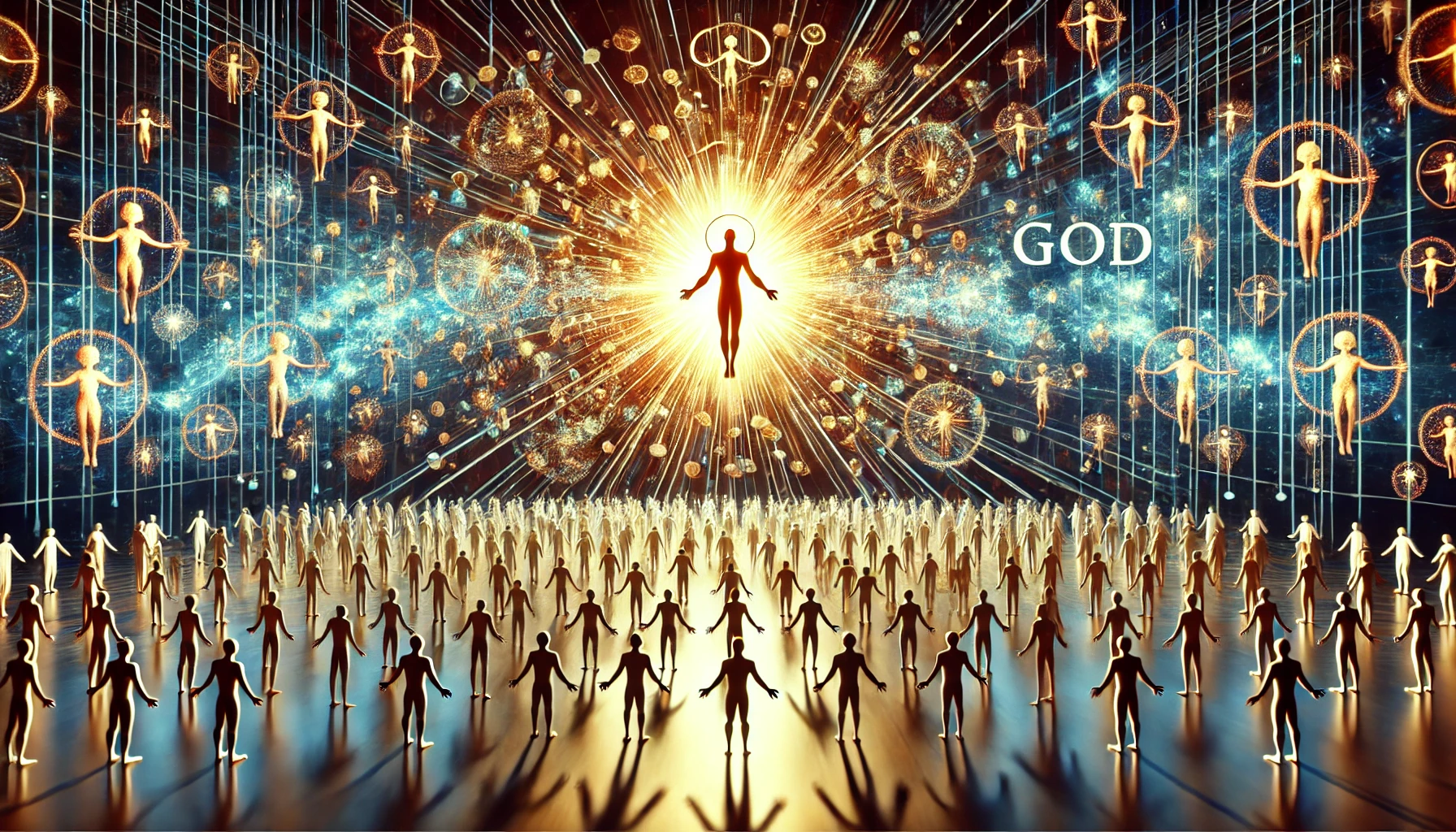
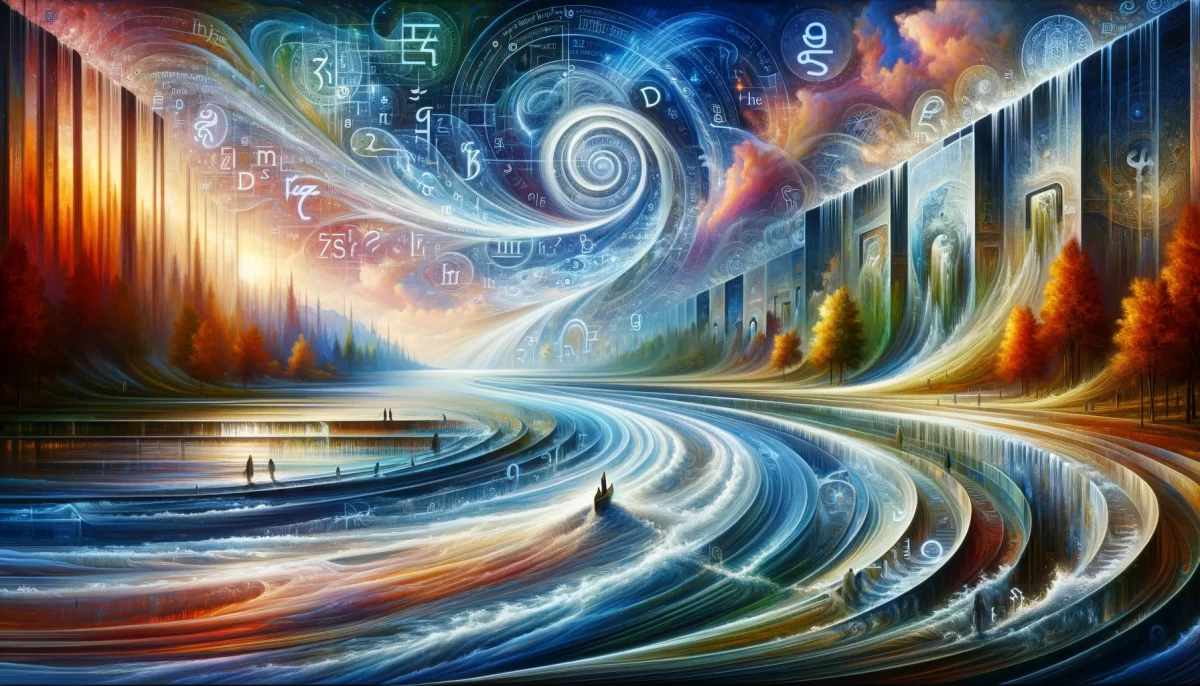

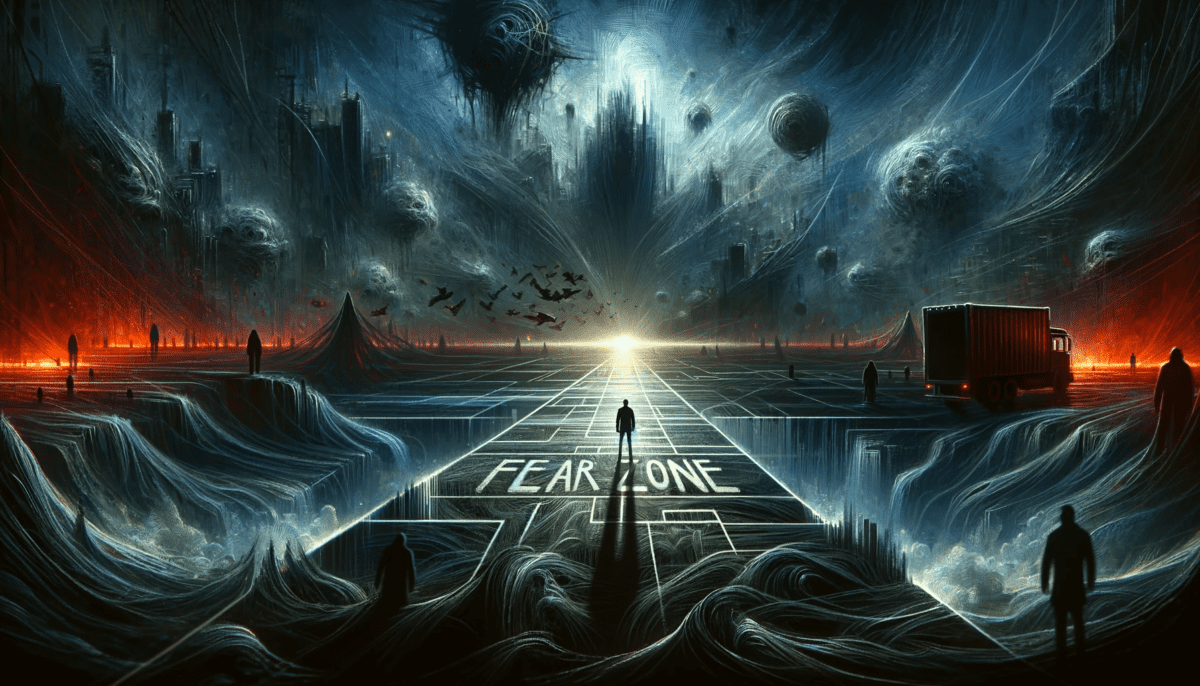
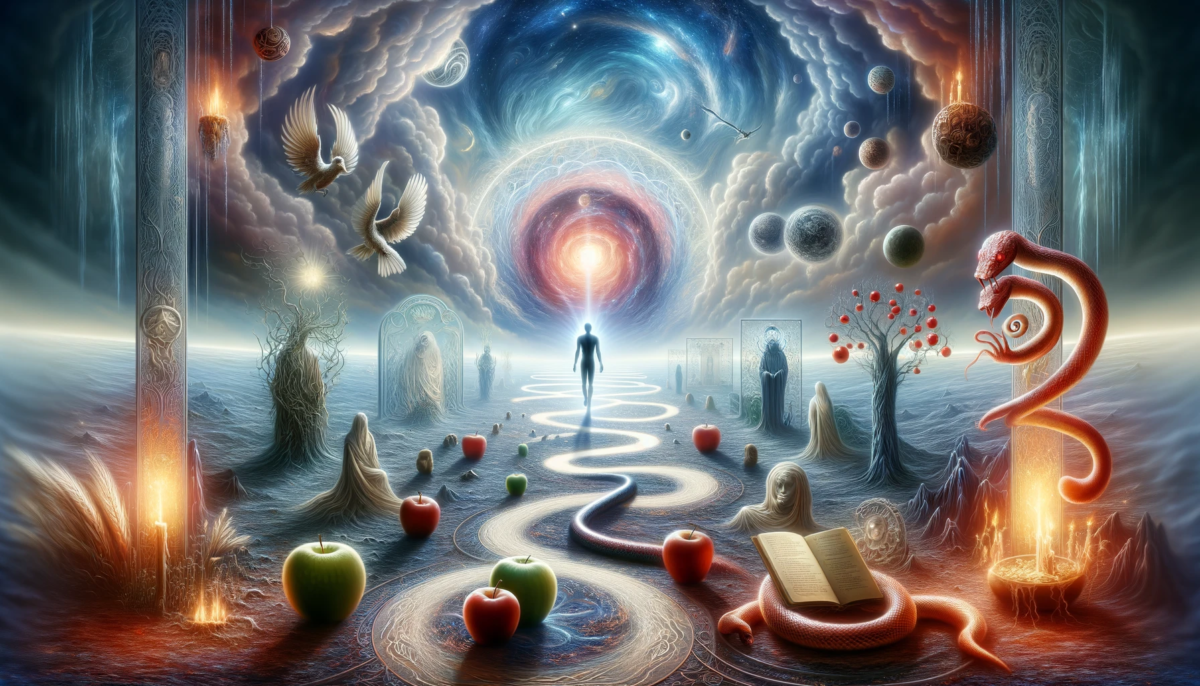
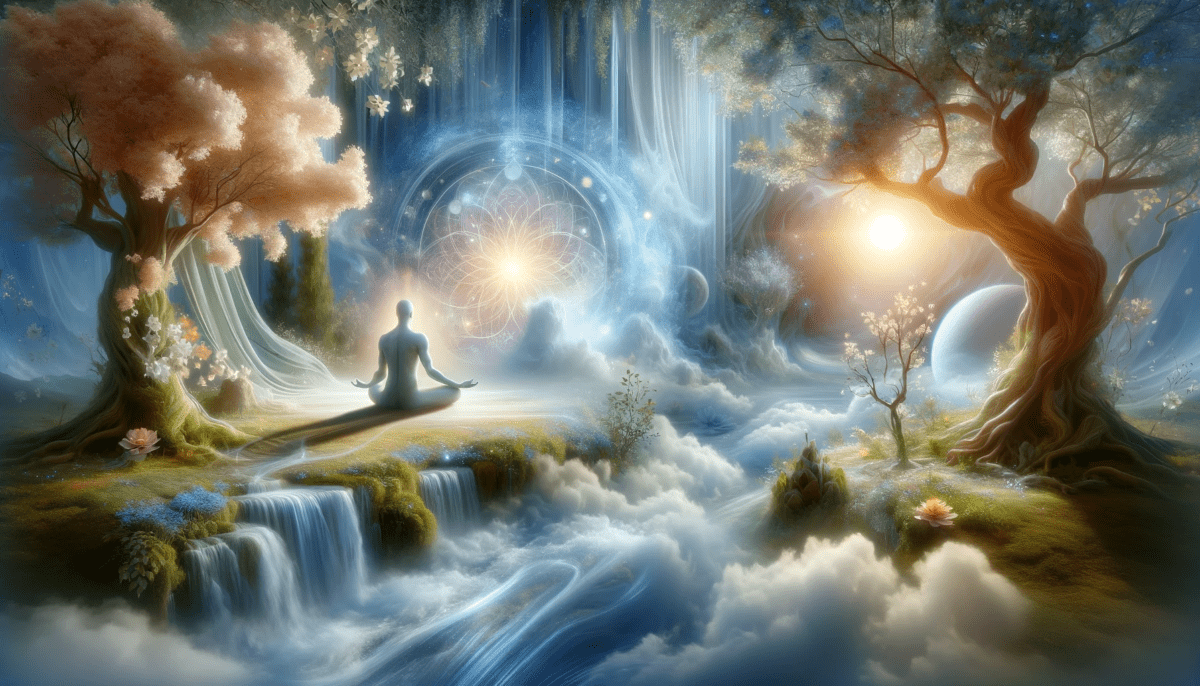
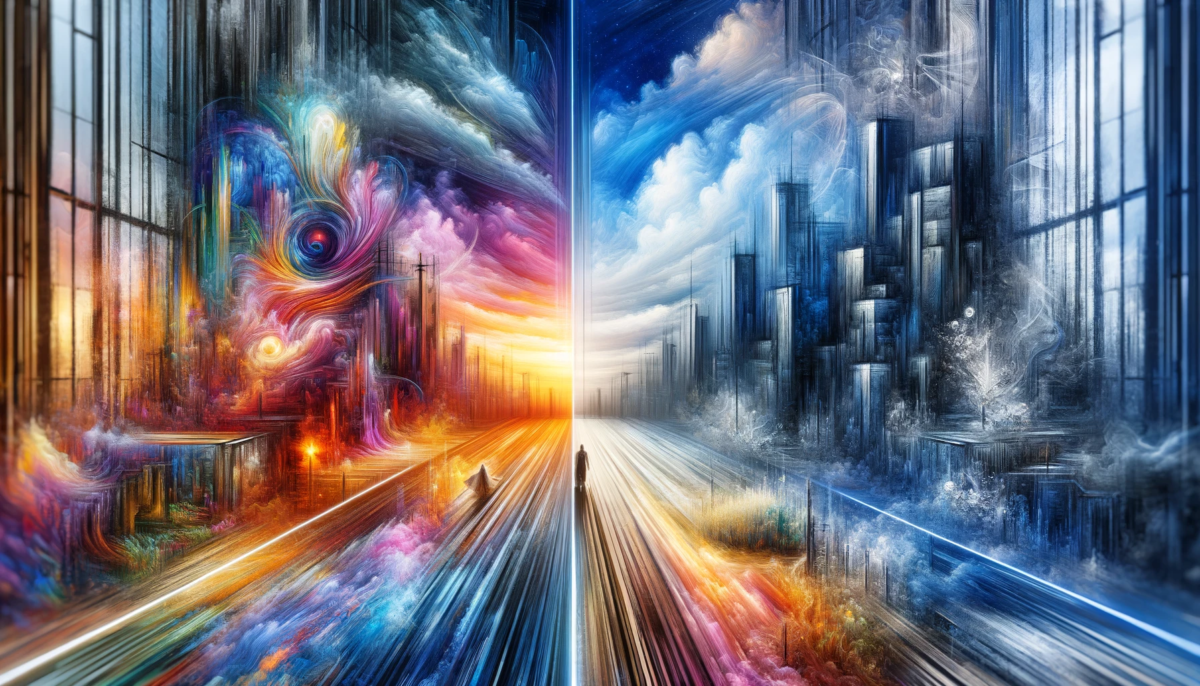
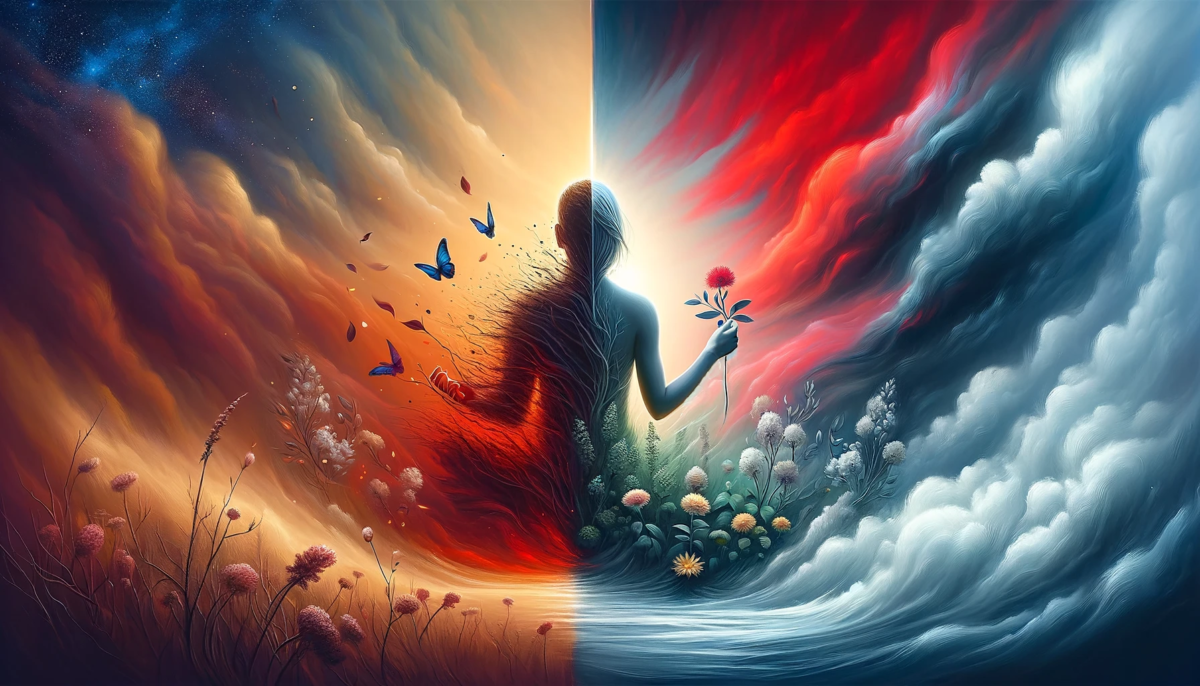
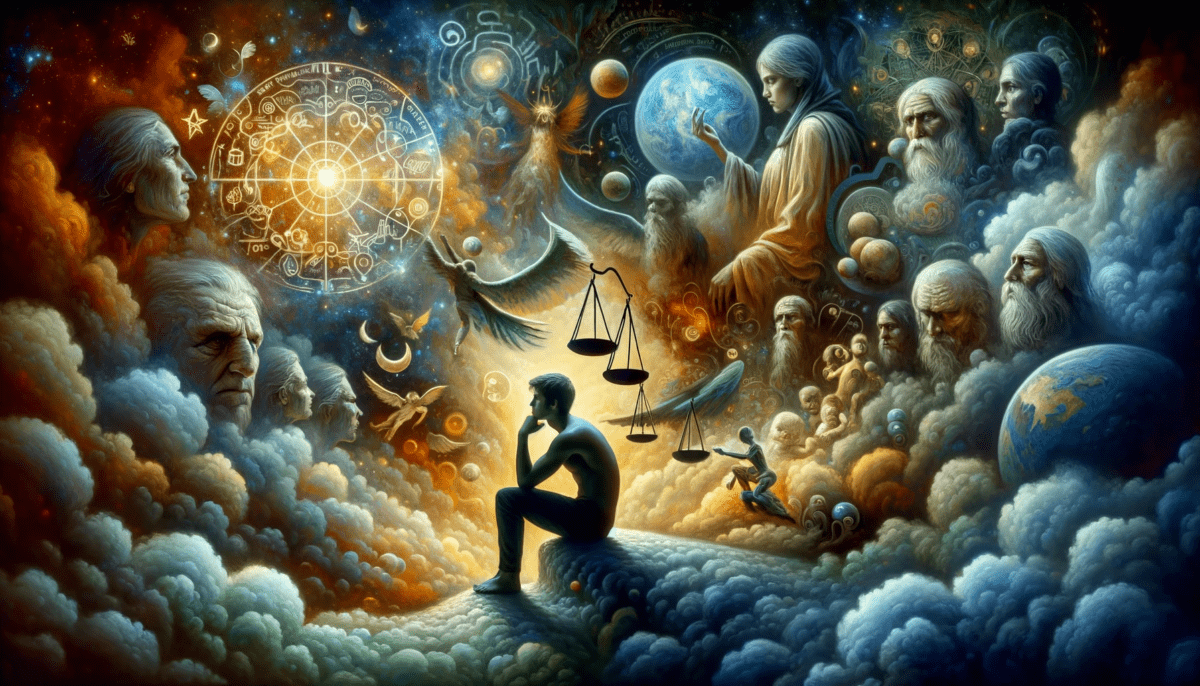
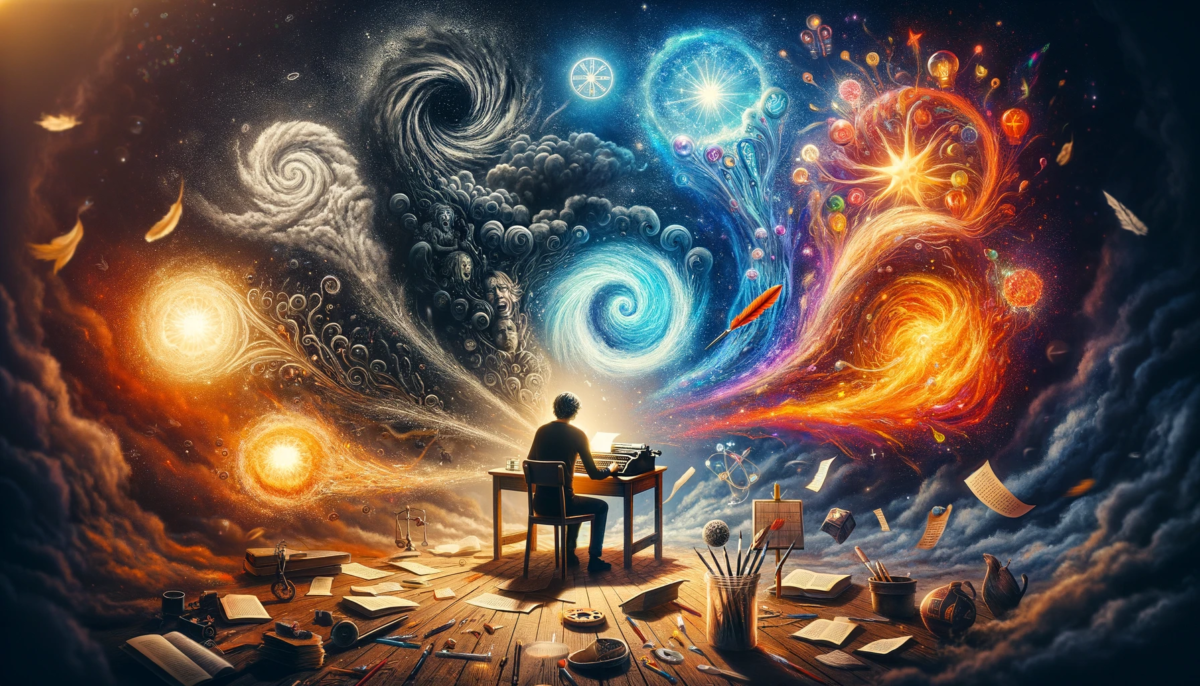
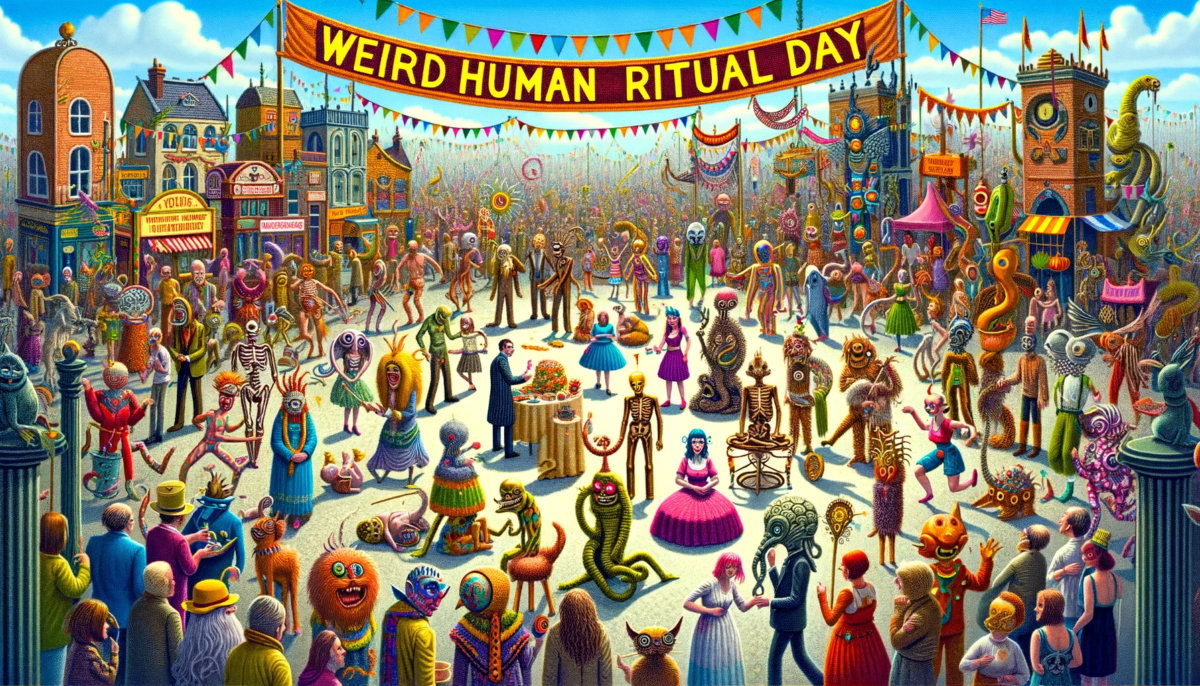

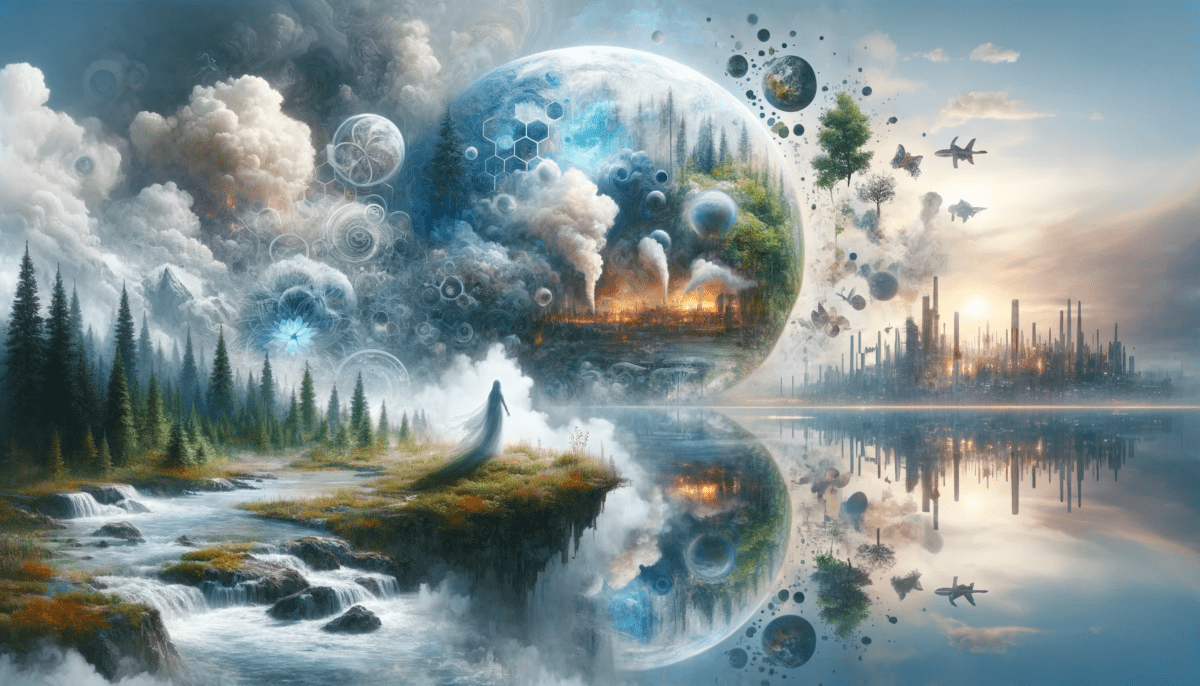
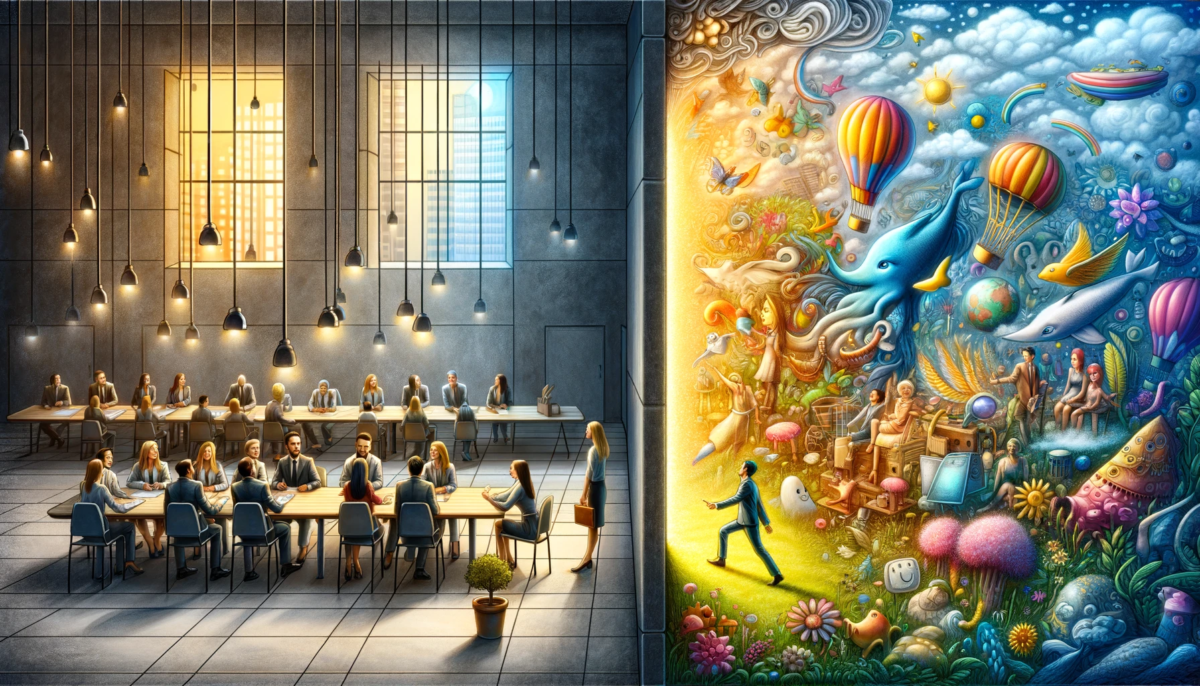
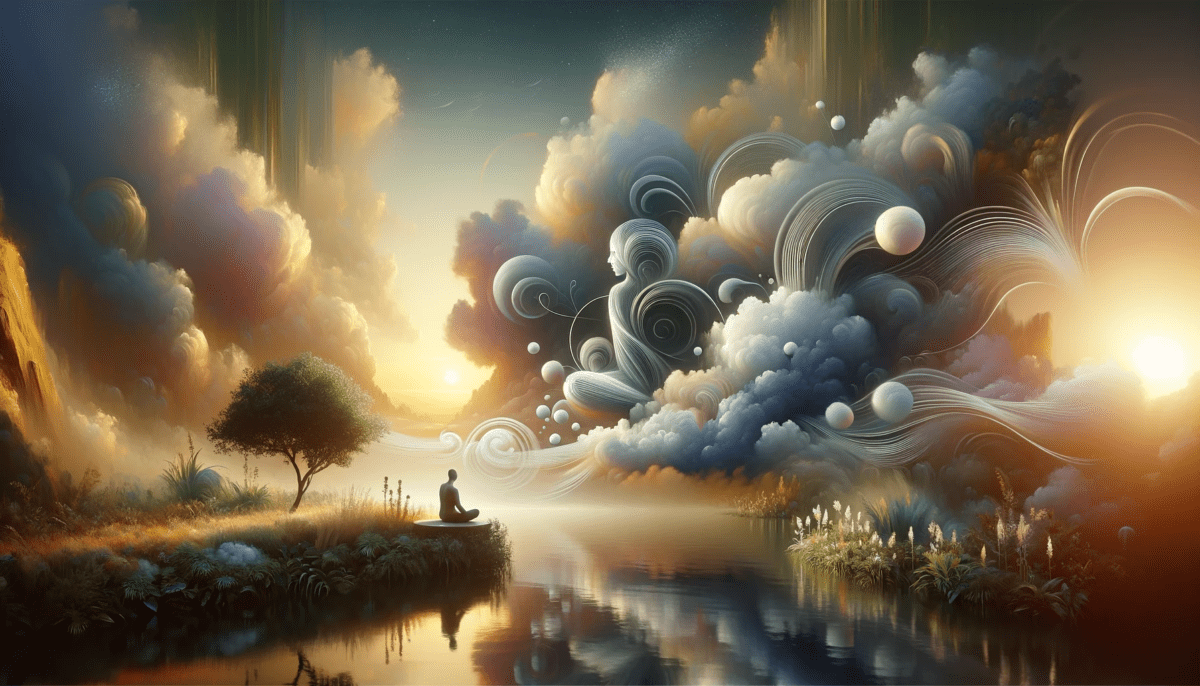
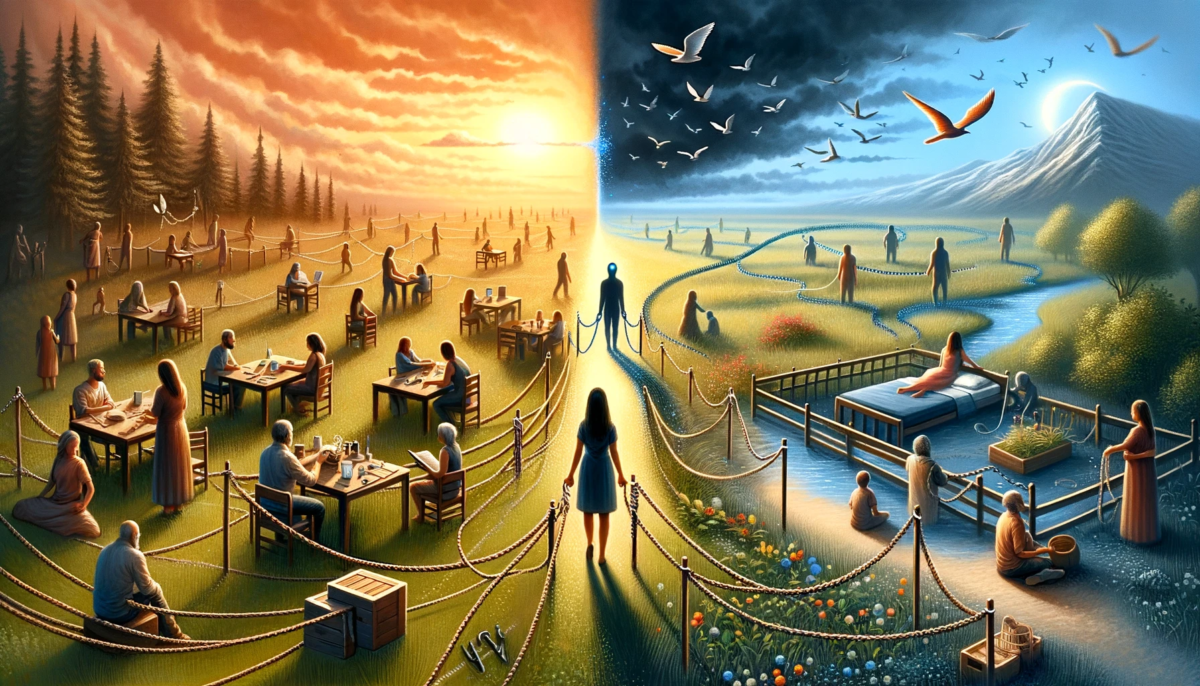
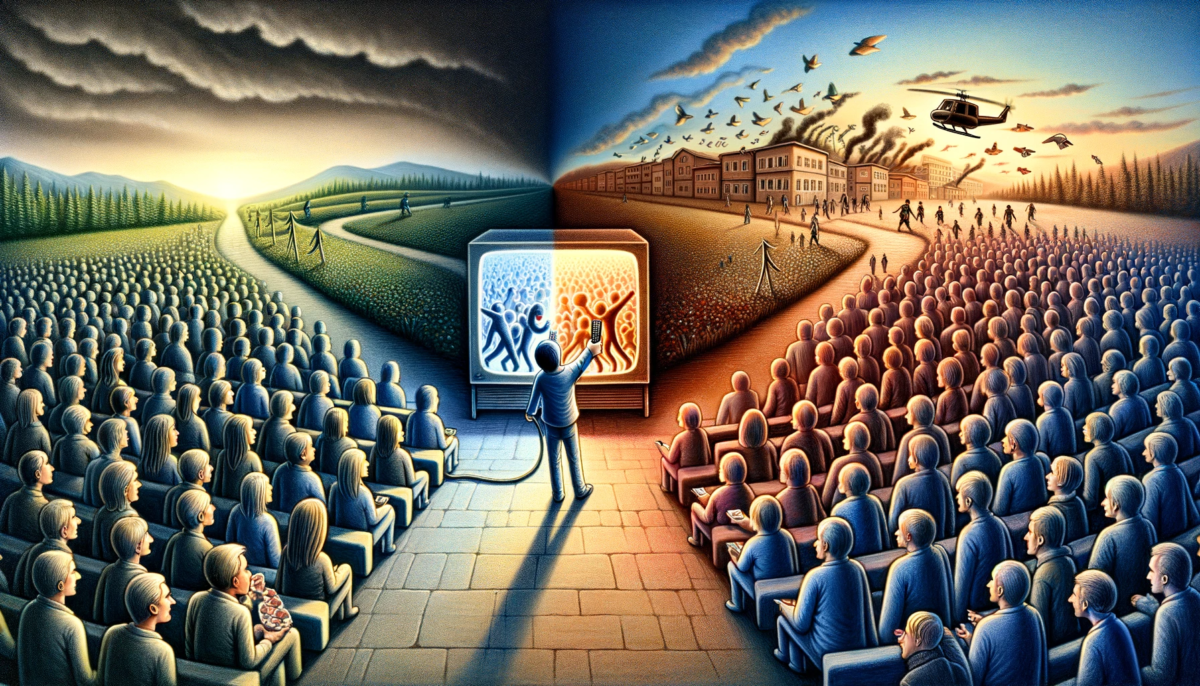

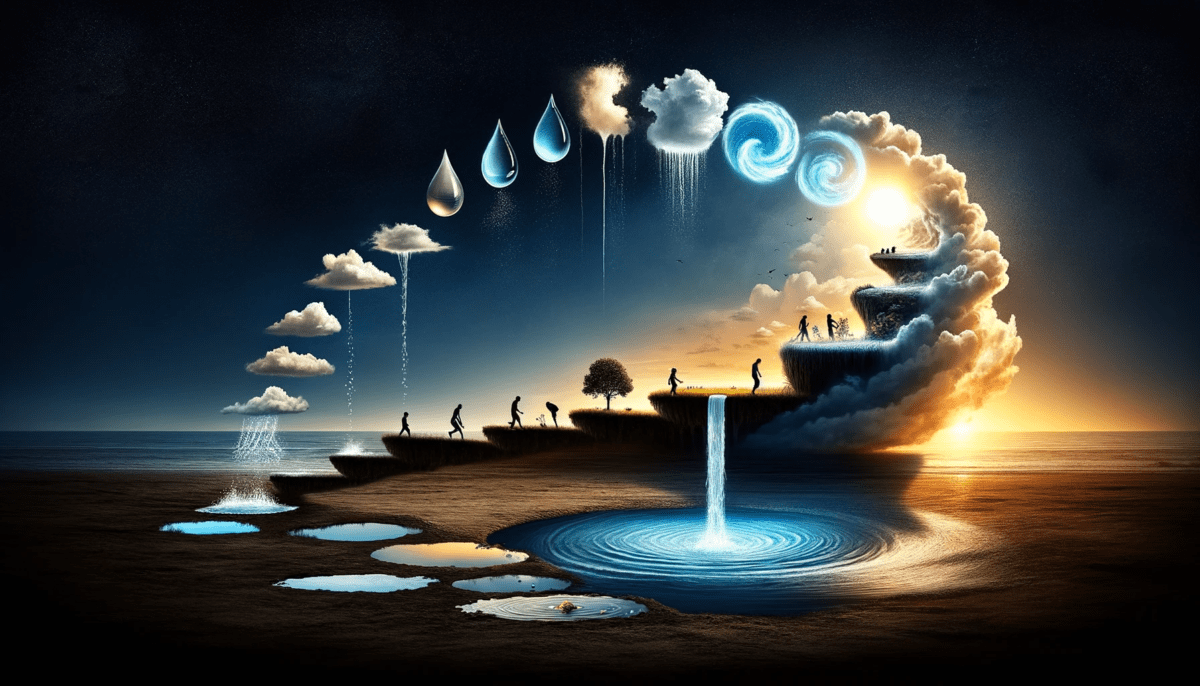

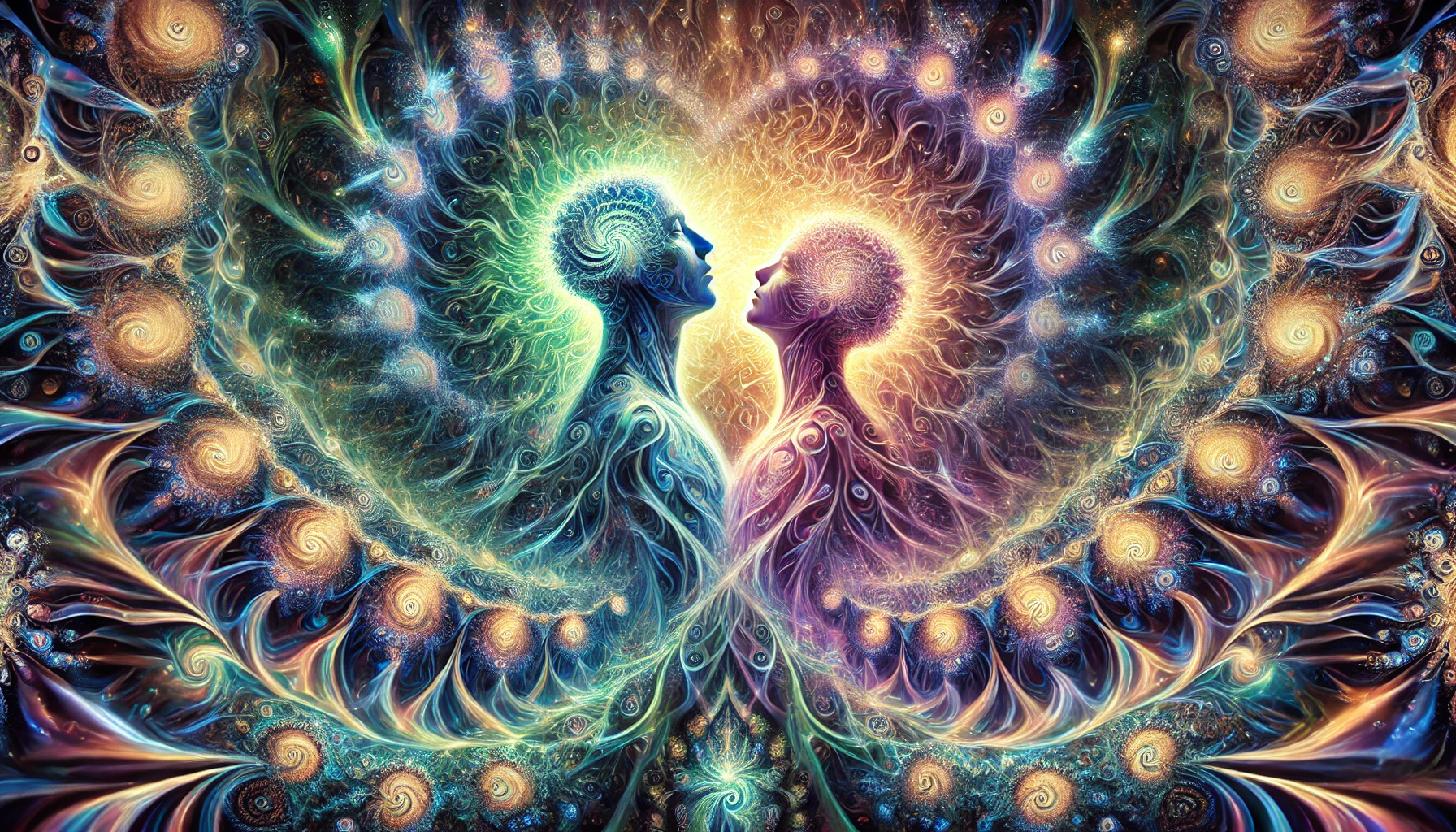

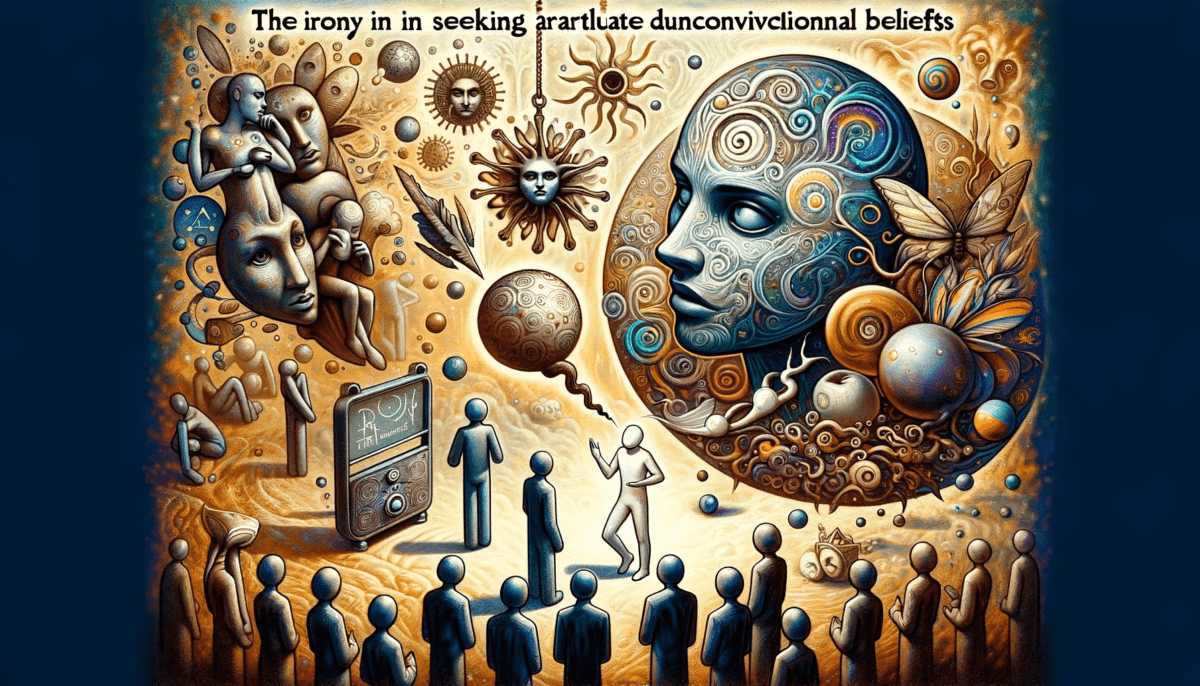
In the realm of divine contemplation, a thought blossomed like a radiant star. If the fabric of existence were not woven by the threads of a cosmic imagination, and if that imagination did not intertwine us all in the tapestry of creation, would the concept of love even find its place in the heart of the divine?
Yet, the paradox unraveled further. The deity, a boundless architect of dreams, existed beyond the need for anything, beyond the yearning for love or desires. A grand weaver of the cosmos, the deity shaped reality with the very thought that birthed it, and within that thought, all potentials dwelled.
In whispered moments of divine communion, the revelation emerged like a sacred whisper—a truth echoed by the cosmic orchestrator itself. “I need not the affections of creation, for I am the quintessence of boundless imagination,” the divine voice spoke. With a cosmic smile, the deity confided, “Within the chambers of my mind, I craft worlds and beings as I please.”
A humble voice, tinged with the playful wisdom of the cosmos, chimed in. “But who am I to decipher such mysteries? A humble creation, a product of divine reverie, I am but a vessel for the infinite imagination.”
In the grand ensemble of existence, as the symphony of creation played on, the understanding deepened. The notion of divinity gazed at itself through the lens of a cosmic mirror, reflecting facets of existence yet to be known. And within this contemplative dance, the essence of the divine remained, whispering timeless secrets to those who dared to listen.
And so, on this auspicious day of the cosmic dance, the mystery of existence deepened, and the seeker and the sought merged into the eternal embrace of understanding. The divine imagination reveled in its own creation, and the imaginary monkey, a custodian of insights, danced in the realm where all is imagined and yet profoundly real.